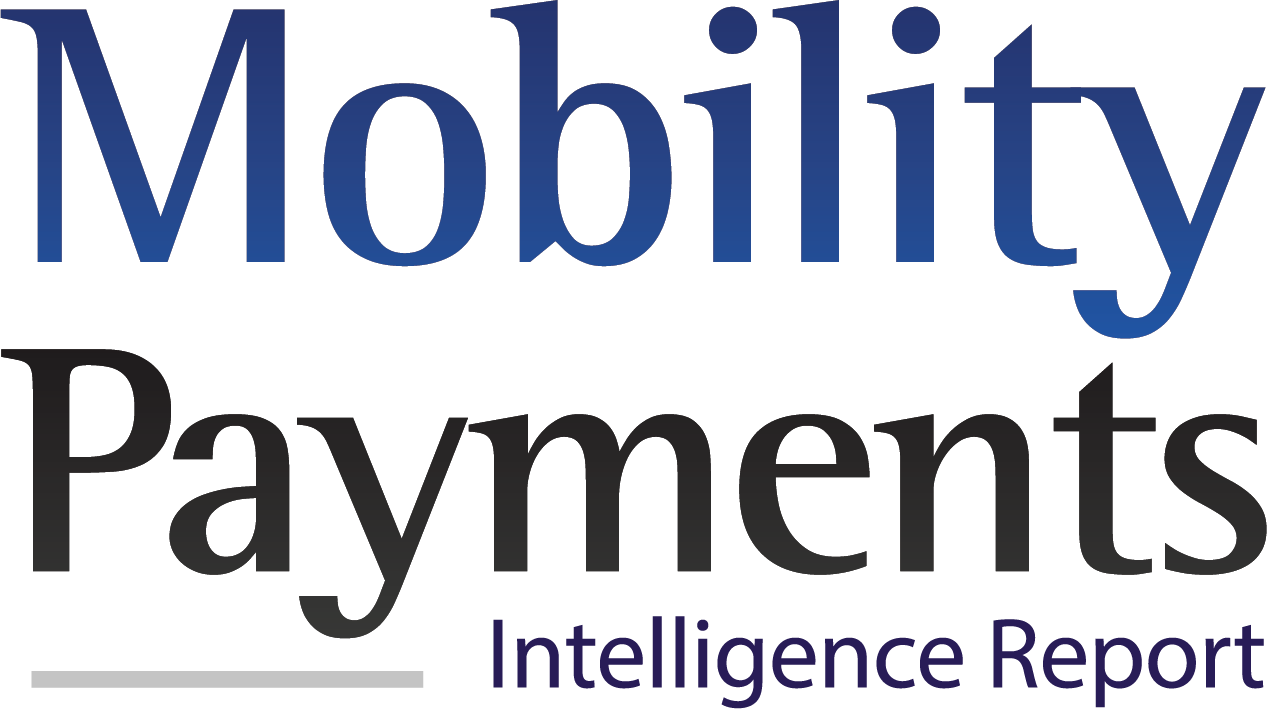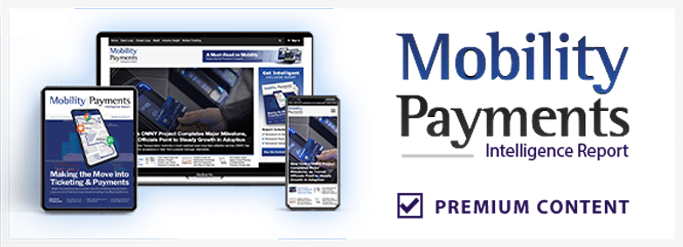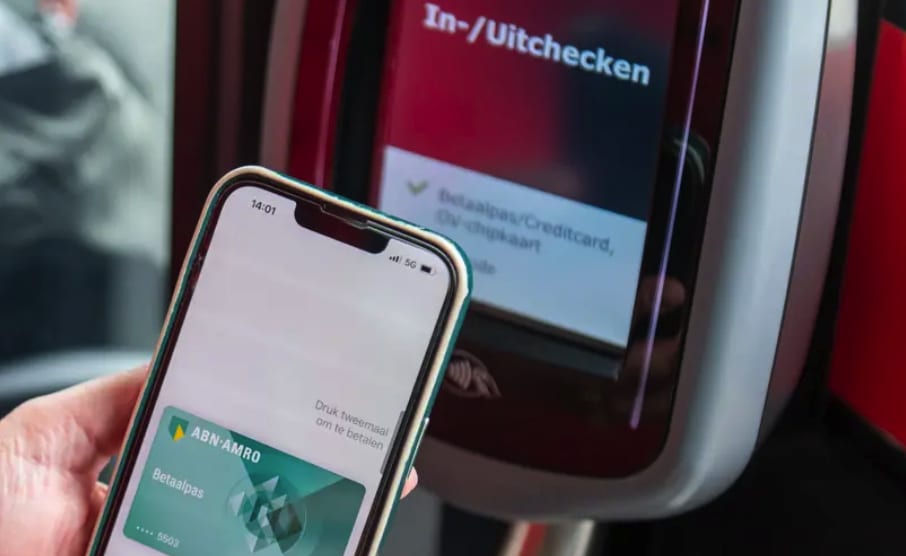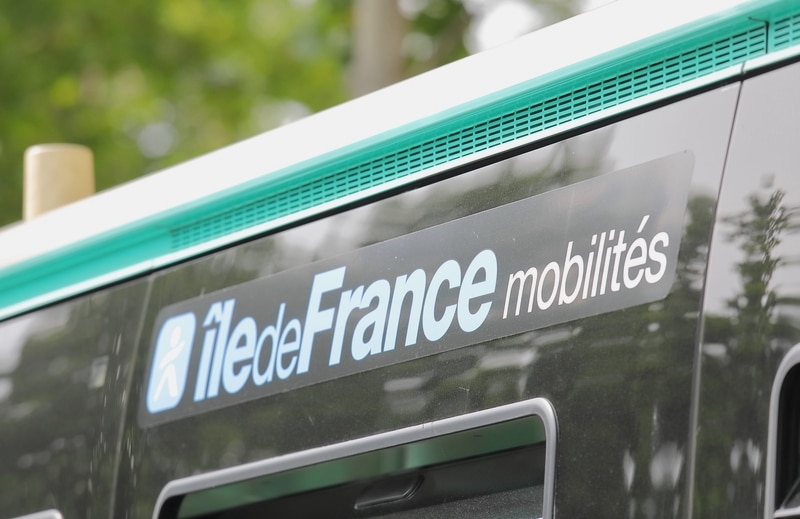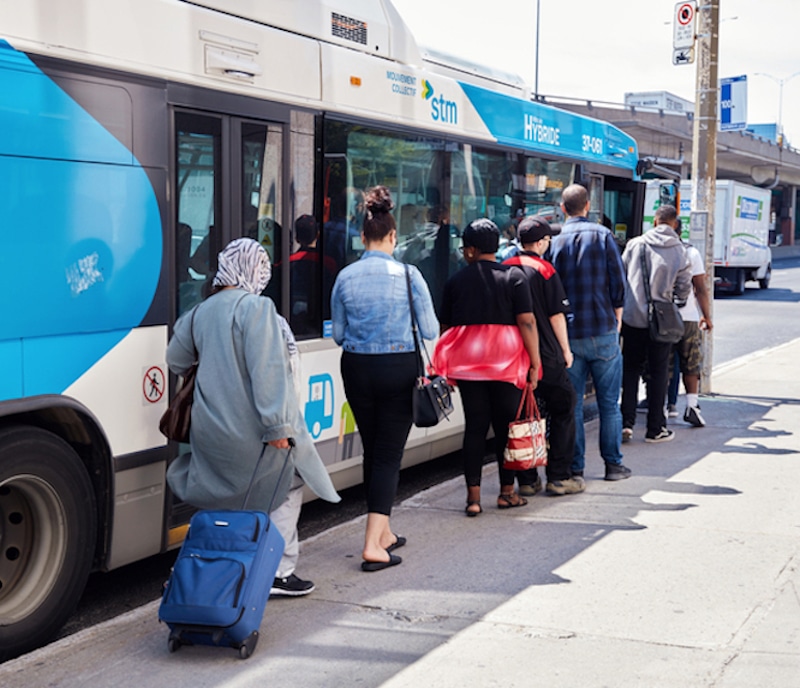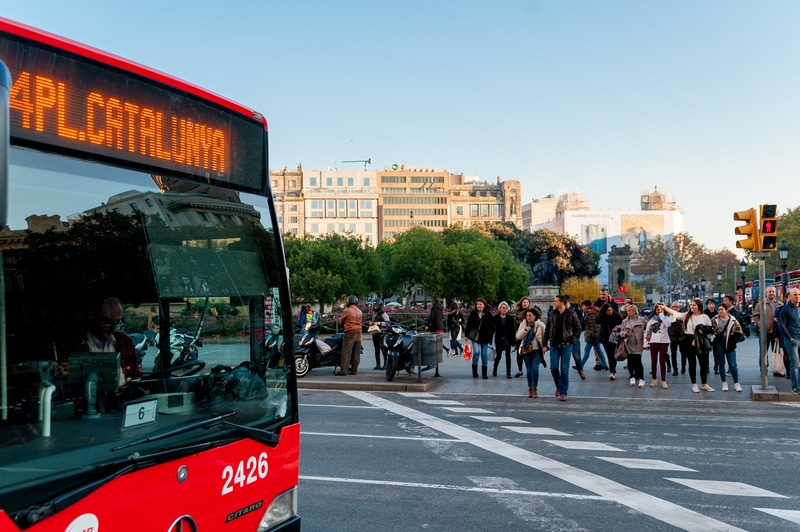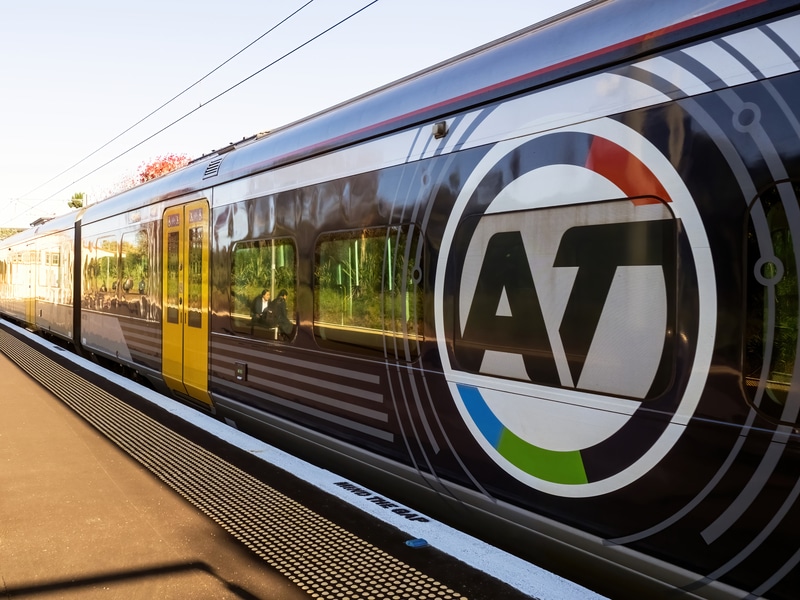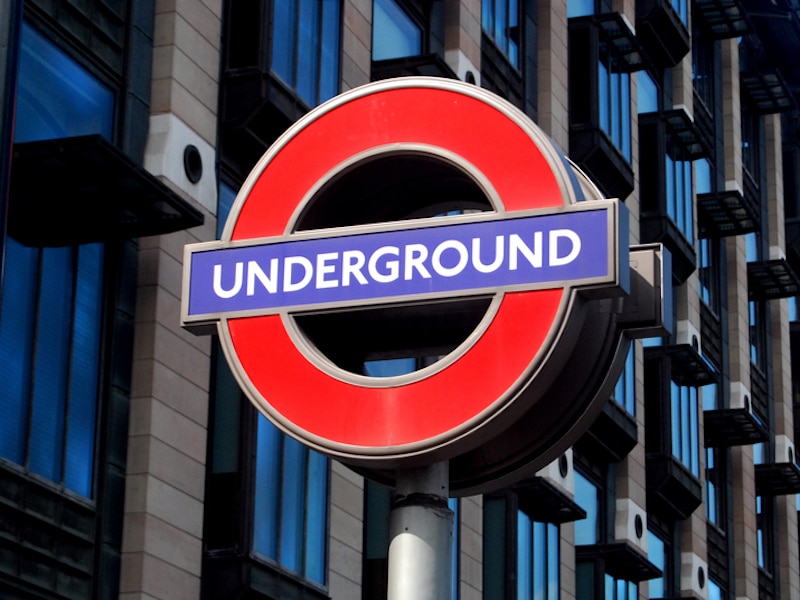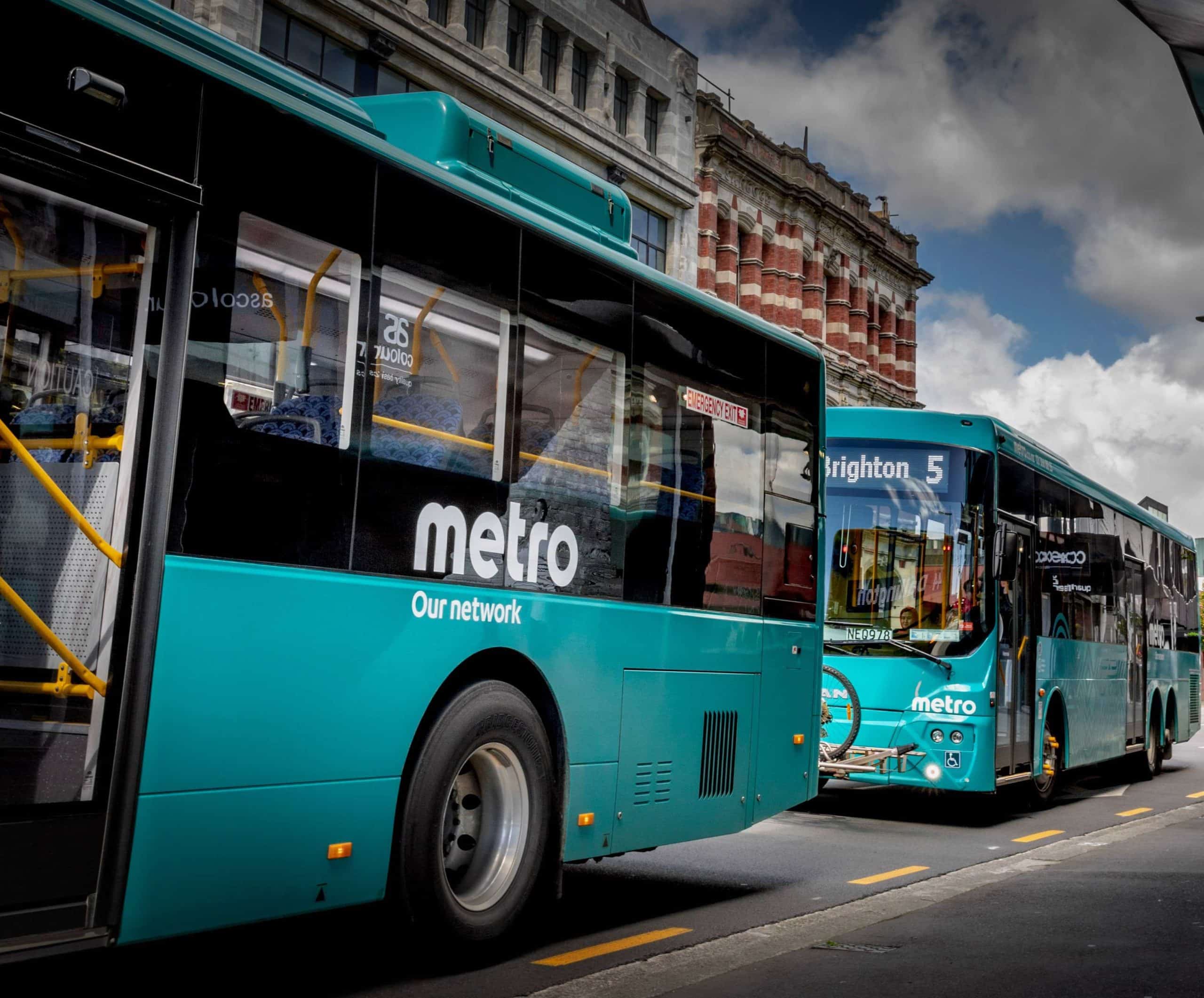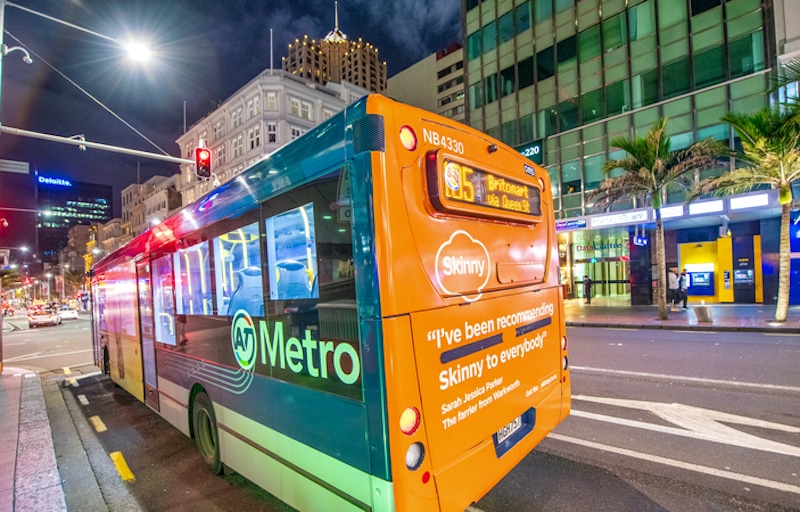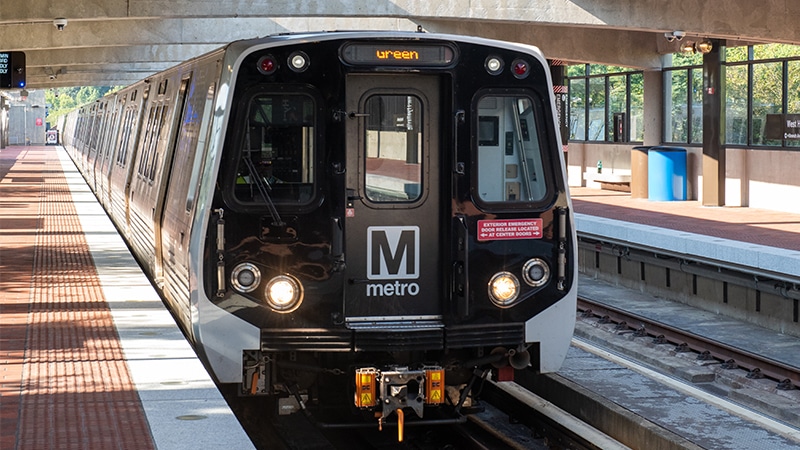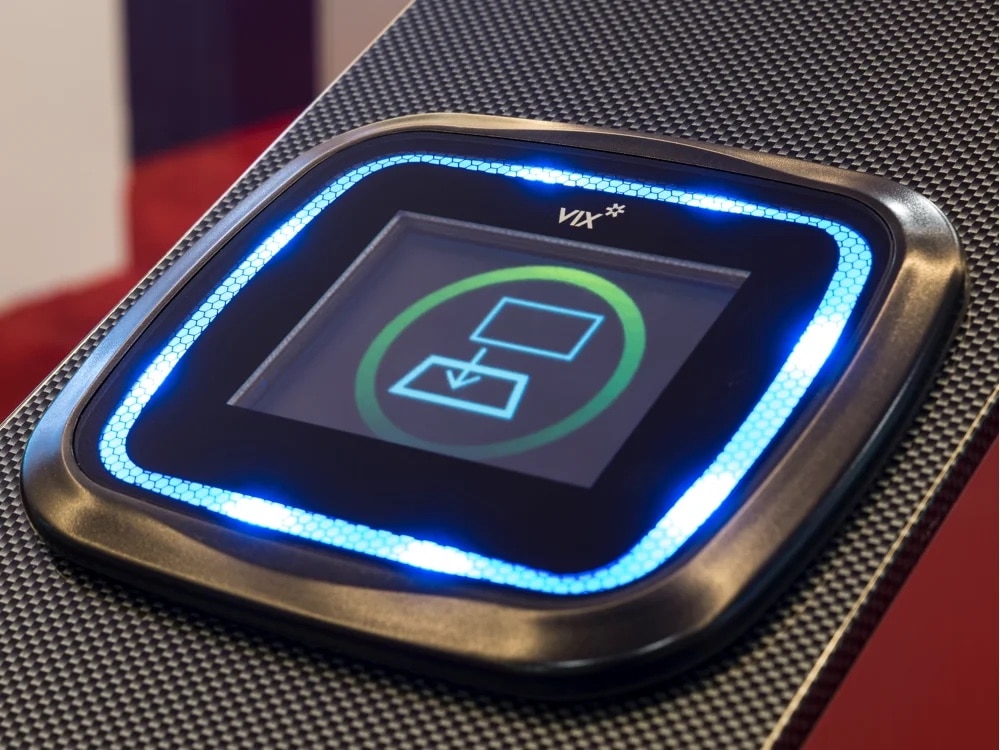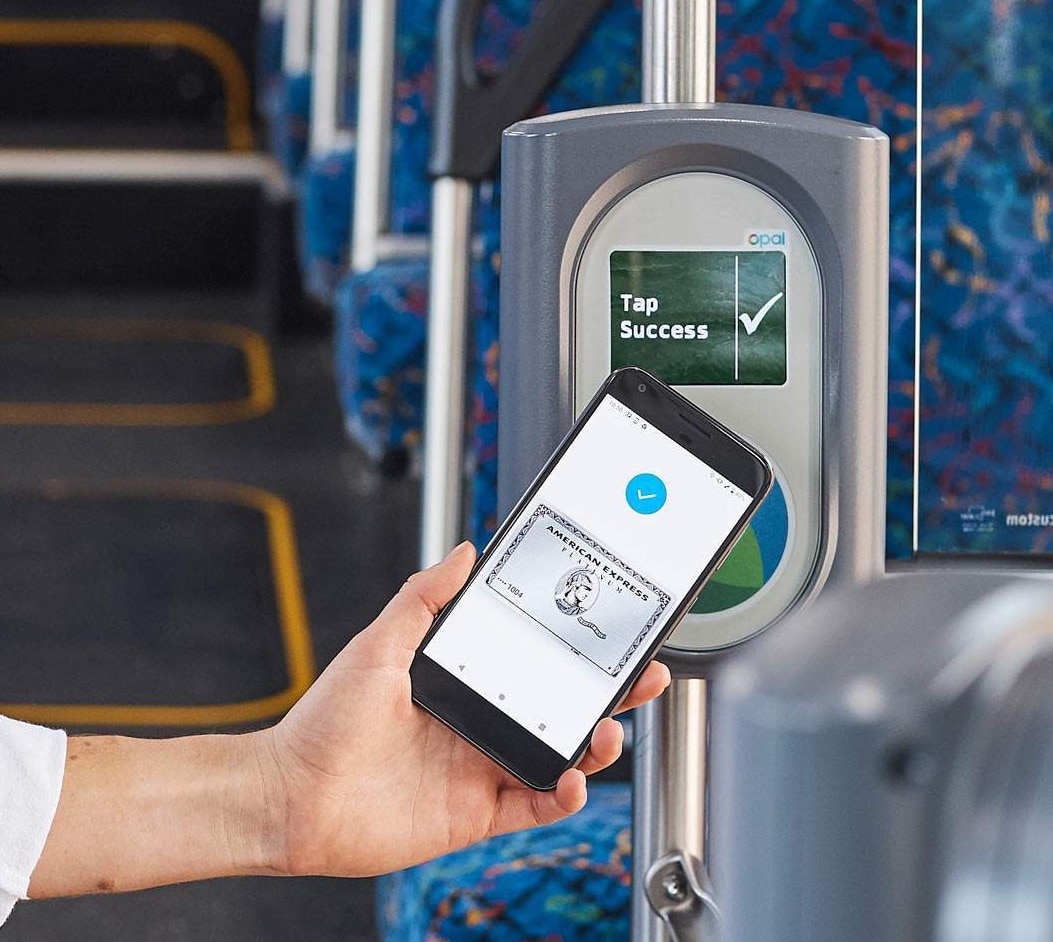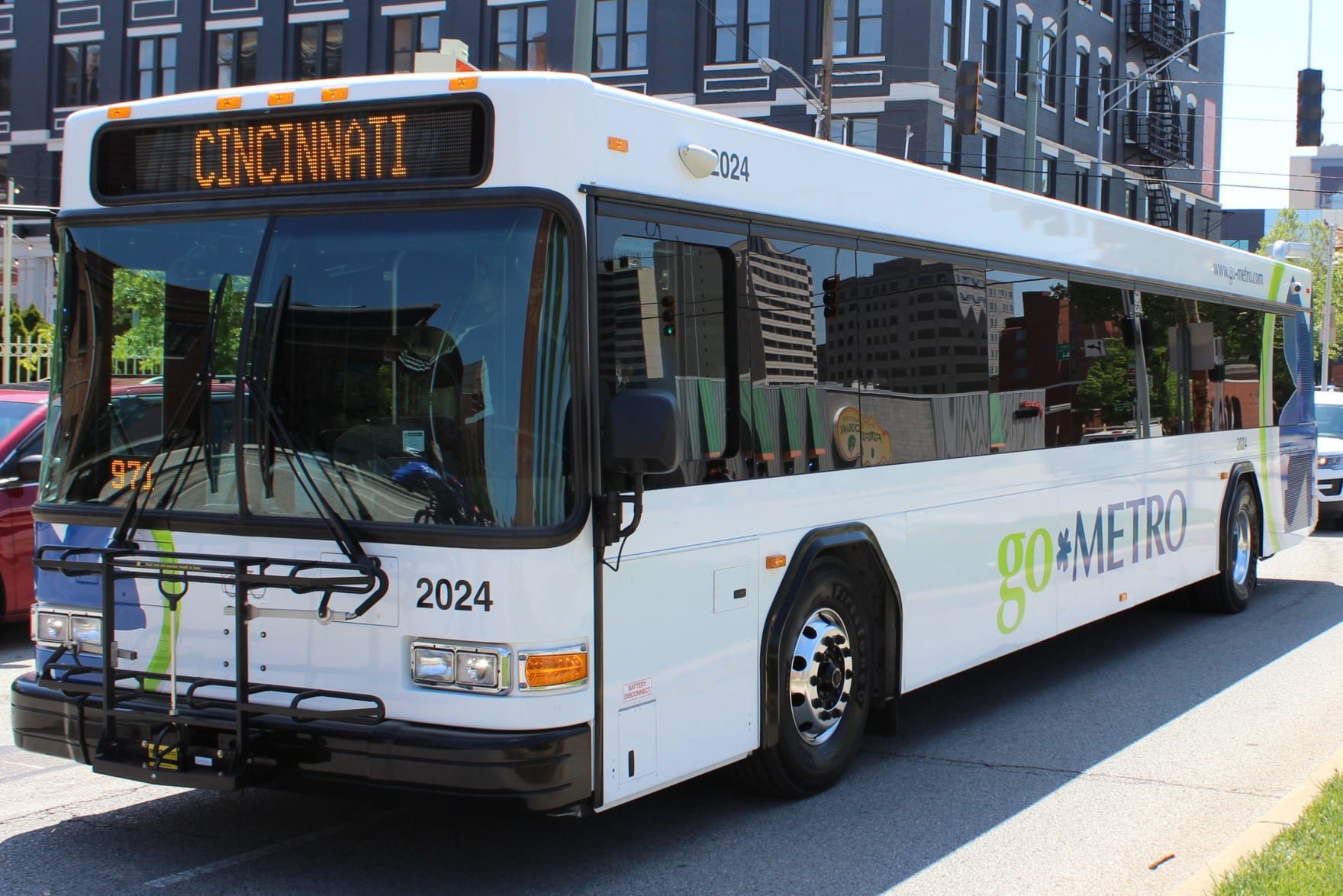
Article Highlights
U.S. agencies have to deal with continued use of cash and paper tickets. Despite the Covid-19 pandemic putting pressure on them to move to more electronic payments, many are moving slowly in ridding their fare-collection systems of these payments methods.
Despite the pandemic and rollout of EZfare, mobile ticketing still made up only 11% of SORTA’s rides during the first eight months of this year.
Most mid-tier transit agencies in the U.S., like the Southwest Ohio Regional Transit Authority, or SORTA, in Cincinnati, still have to deal with high usage of cash and paper tickets on board their buses and other transit vehicles, even as the continuing pandemic increases pressure on them to move to more electronic forms of fare payments.
